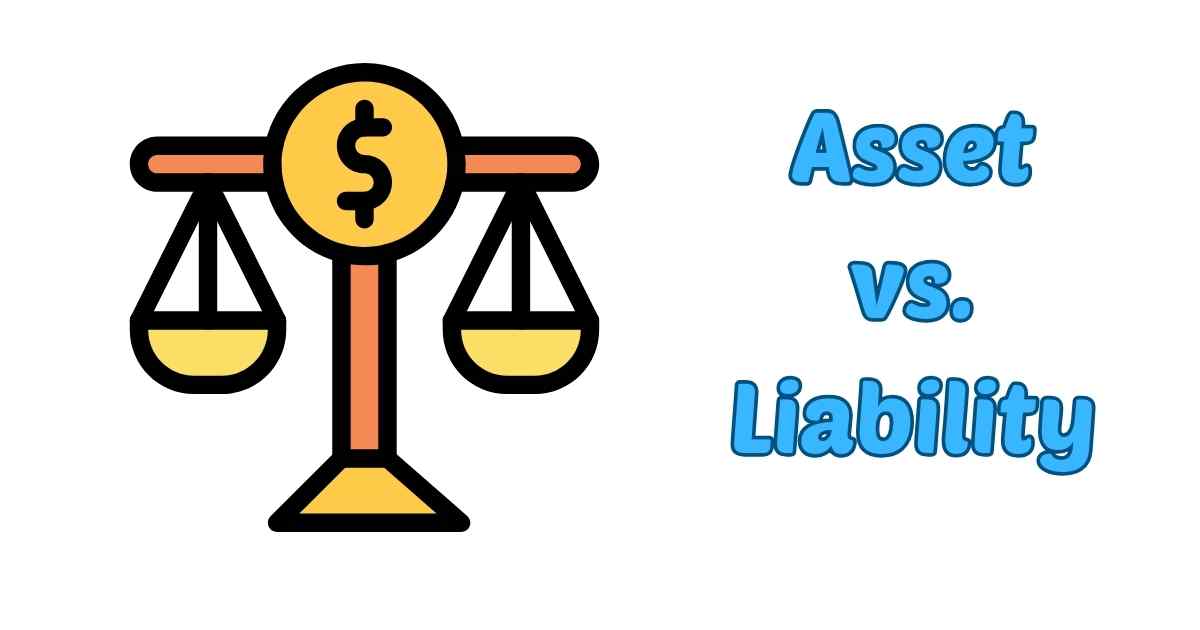Creating assets is a crucial step in building long-term wealth. Understanding the difference between assets and liabilities, as well as how liabilities can erode wealth over time, is essential. In this article, we will explore the mindset required to create assets and how they contribute to long-term wealth accumulation.
Asset vs. Liability: Understanding the Difference
Before delving into the benefits of asset creation, it is important to grasp the distinction between assets and liabilities.
An asset is something that has value and can generate income or appreciate in value over time. Examples of assets include real estate, stocks, bonds, businesses, and intellectual property. These assets have the potential to provide a continuous stream of income or appreciate in value, contributing to long-term wealth accumulation.
On the other hand, a liability is something that requires ongoing financial commitment and does not generate income or appreciate in value. Common examples of liabilities include personal loans, credit card debt, mortgages, and car loans. These liabilities can drain your financial resources and make it harder to build wealth over time.
How Liabilities Can Make You Poorer Over Time
Liabilities can have a detrimental impact on your long-term financial well-being. When you have a high amount of debt or ongoing financial obligations, a significant portion of your income goes towards servicing these liabilities. This leaves you with less money to invest in income-generating assets or save for the future.
Additionally, liabilities often come with interest payments, which further reduce your ability to accumulate wealth. Over time, the compounding effect of interest can significantly increase the total amount you owe, making it even more challenging to achieve financial stability and build wealth.
The Mindset Required to Create Assets
Creating assets requires a specific mindset and a commitment to long-term financial goals. Here are some key elements of the mindset required to create assets:
- Financial Education: Developing a solid understanding of personal finance and investment principles is crucial. This knowledge will help you make informed decisions and identify opportunities for asset creation.
- Delayed Gratification: Building assets often requires sacrificing short-term pleasures in favor of long-term financial security. This may involve cutting unnecessary expenses, living below your means, and consistently saving and investing.
- Risk Management: Asset creation involves taking calculated risks. It is important to assess the potential risks and rewards of different investment opportunities and develop a risk management strategy that aligns with your financial goals.
- Long-Term Perspective: Creating assets is a marathon, not a sprint. It requires patience, perseverance, and a focus on long-term goals rather than short-term gains.
How Assets Make You Wealthy Over Time
Assets have the potential to generate income and appreciate in value, contributing to long-term wealth accumulation. Here are some ways assets can make you wealthy over time:
- Income Generation: Certain assets, such as rental properties or dividend-paying stocks, can provide a steady stream of income. This income can be reinvested or used to cover expenses, freeing up other sources of income for further asset creation.
- Appreciation: Many assets have the potential to appreciate in value over time. Real estate, stocks, and businesses, for example, can increase in value, allowing you to sell them at a higher price and realize a profit.
- Compound Growth: By reinvesting the income generated by assets, you can take advantage of compounding growth. This means that your money earns returns, which are then reinvested to generate even more returns. Over time, this compounding effect can significantly increase your wealth.
FAQs
1. Can any asset guarantee wealth accumulation?
No asset can guarantee wealth accumulation. Investing in assets involves risks, and the performance of assets can fluctuate. It is important to diversify your investments and conduct thorough research before making any investment decisions.
2. Are all liabilities bad?
Not all liabilities are inherently bad. For example, a mortgage can be considered a liability, but it also allows you to own a valuable asset (your home). The key is to manage your liabilities effectively and ensure that they do not outweigh your assets.
Conclusion
Creating assets is a fundamental step in generating long-term wealth. By understanding the difference between assets and liabilities, managing liabilities effectively, and adopting the right mindset, you can set yourself on a path towards financial security and prosperity. Remember, wealth accumulation is a journey that requires discipline, education, and a long-term perspective.










